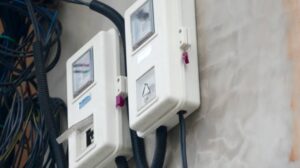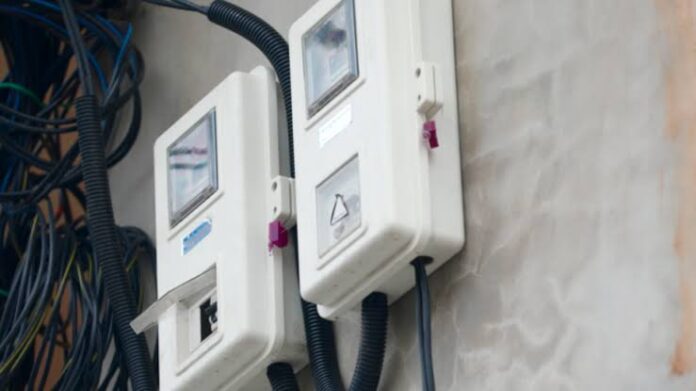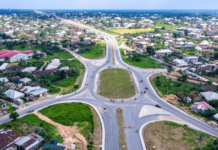The recent deregulation of electricity meter prices in Nigeria has led to a significant increase in costs, with three-phase meters now nearing N250,000. This surge has raised concerns about affordability for many households still relying on estimated billing.

The Nigerian Electricity Regulatory Commission (NERC) initiated this deregulation in May 2024, aiming to address the country’s metering gap. However, the price of single-phase meters has jumped from around N80,000 to over N200,000 in just a year. This has left millions of Nigerians struggling to escape estimated billing, which has increased from 5.83 million to 6.43 million customers in just one quarter.
Distribution companies (DisCos) have set new prices, with single-phase meters ranging from N105,000 to N135,000 and three-phase meters costing between N198,000 and N247,000, depending on the provider. Many consumers express frustration, feeling overwhelmed by rising living costs and the inability to afford these new prices.
Experts note that while deregulation may help improve meter availability, it does little to alleviate the broader economic challenges posed by inflation. The Minister of Power has set a target to eliminate estimated billing by the end of the year, but with rising meter prices and an increasing number of unmetered customers, this goal seems increasingly unattainable.
Consumers are left questioning how to navigate these changes, with many unable to afford the new meter prices. As the situation evolves, the focus remains on balancing the need for investment in the electricity sector with the affordability for everyday Nigerians.




